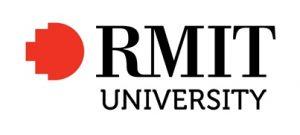Posted: 24 October
Scientists at RMIT University say their new research advances the potential of nanomedicine to cure conditions that are currently incurable, such as dementia and motor neurone disease as well as improve treatments and drug delivery, cancer treatments, diagnostics and antimicrobials.
Their work explores how nanoparticles would interact with cells in humans and provides fundamental knowledge to help improve nanomedicine and develop the next generation of personalised biomedical technologies.
Nanoparticles open the door to technologies that could improve treatments and disease diagnosis for patients, according to scientists.
Helping to design better nanomedicines and diagnostic nanoparticles
The main challenge that scientists need to overcome is to control how nanoparticles engage with cells to accurately deliver the medicine.
The latest study, led by RMIT in collaboration with the University of Durham, tackles this problem by providing scientists a pathway to design more effective nanomedicines and diagnostic nanoparticles.
How they conducted the research
Using atomic force microscopy along with computer simulations of molecular activity, the team discovered the precise mechanisms by which gold nanoparticles – a tiny fraction of the width of a human hair – interact with artificial cell membranes.
The potential to treat currently untreatable brain diseases
The team says one of the main barriers to finding a cure for diseases such as dementia and motor neurone disease is the current inability to deliver treatments that can cross the blood-brain barrier, a membrane that blocks foreign entities reaching the brain.
More work needs to be done before nanoparticles reach their full potential to help treat diseases but new wound treatments using this technology are in development.




